Shashi Kapoor: Remembering Bollywood's crossover star
- Published
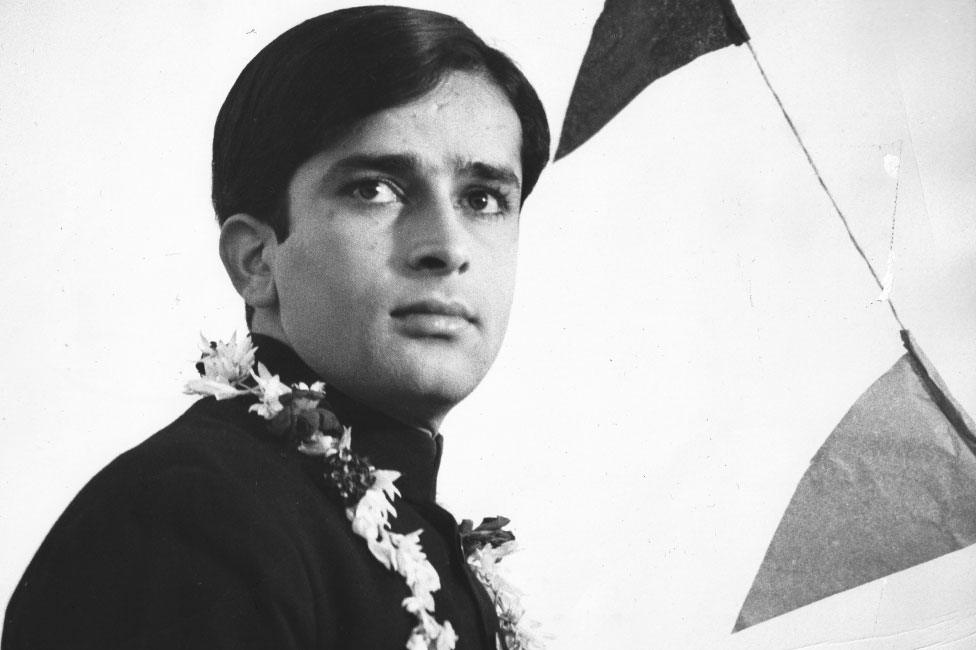
New York-based film writer Aseem Chhabra pays tribute to Bollywood actor and producer Shashi Kapoor who died aged 79 on Monday.
In 1983 as a journalism student at Columbia University I attended a retrospective of films produced by Indian-born filmmaker Ismail Merchant and directed by his American partner James Ivory.
Among the films I watched for the first time at the Museum of Modern Art were three early works of Shashi Kapoor - The Householder, external (1963), Shakespeare Wallah , external(1965) and Bombay Talkie, external (1970), a campy take on the popular Hindi film industry.
I was a fan of Bollywood films and loved many of Shashi Kapoor's romantic musicals from the 1960s and the 1970s. But I had not watched his American productions - which barely played in India - until I went to New York.
I vividly remember the magical experience sitting in the dark theatres connecting with my Indian roots, my love for Hindi cinema, through these rare films featuring the dashing actor.
Later that year James Ivory's new film Heat and Dust, external opened in New York City, after its world premiere at the Cannes Film Festival where it played in the competition section.
In New York the film opened at the prestigious Paris Theatre, located on Fifth Avenue right next to the iconic Plaza Hotel. The lines to enter the theatre snaked around Fifth Avenue.
Inside the theatre on the giant screen I saw images of Shashi Kapoor, playing a regal maharajah who has an affair with a British officer's wife, played by the luminous Greta Scacchi in her first role.
Earlier this summer, 34 years after its release, a restored version of Heat and Dust played once again in New York City before it travelled across the US.
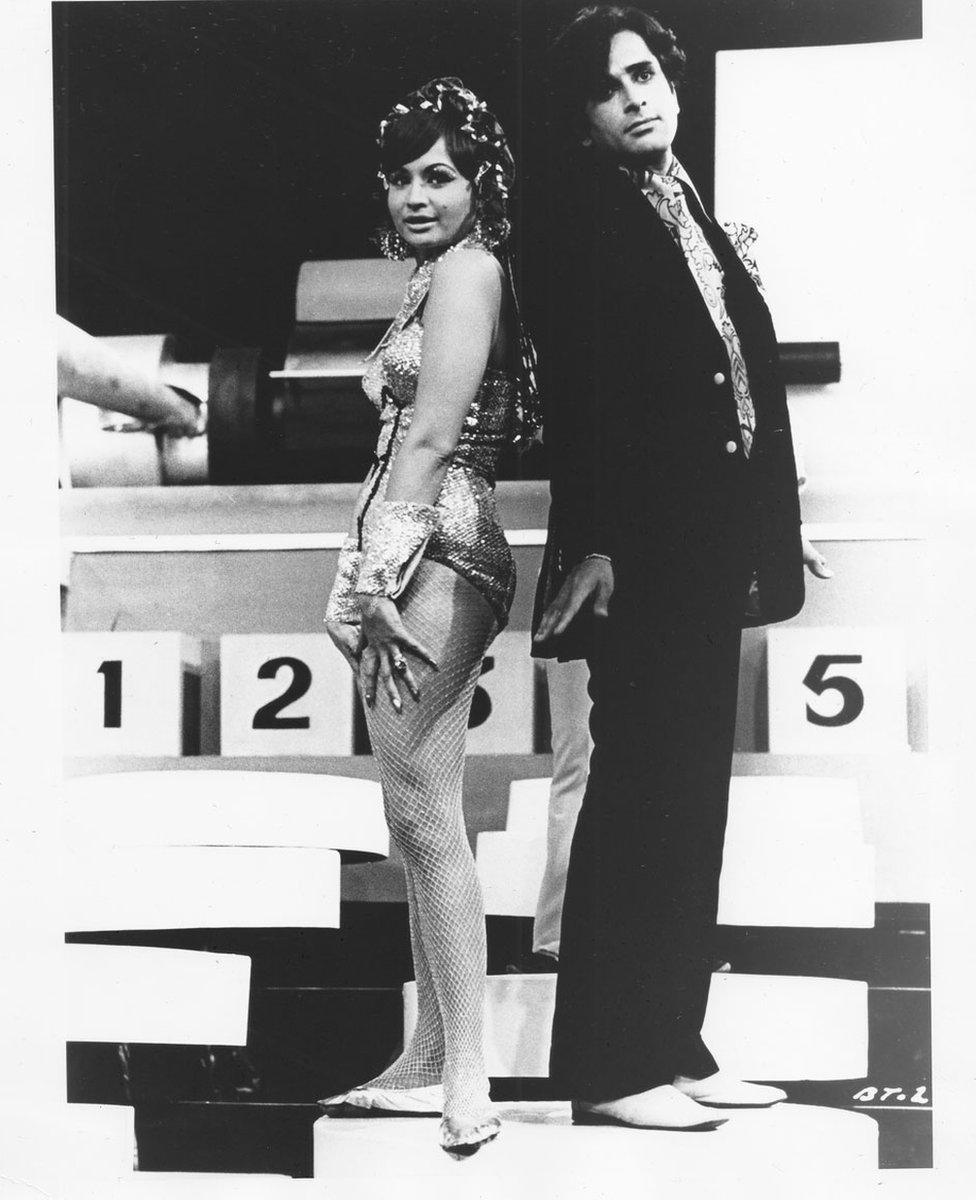
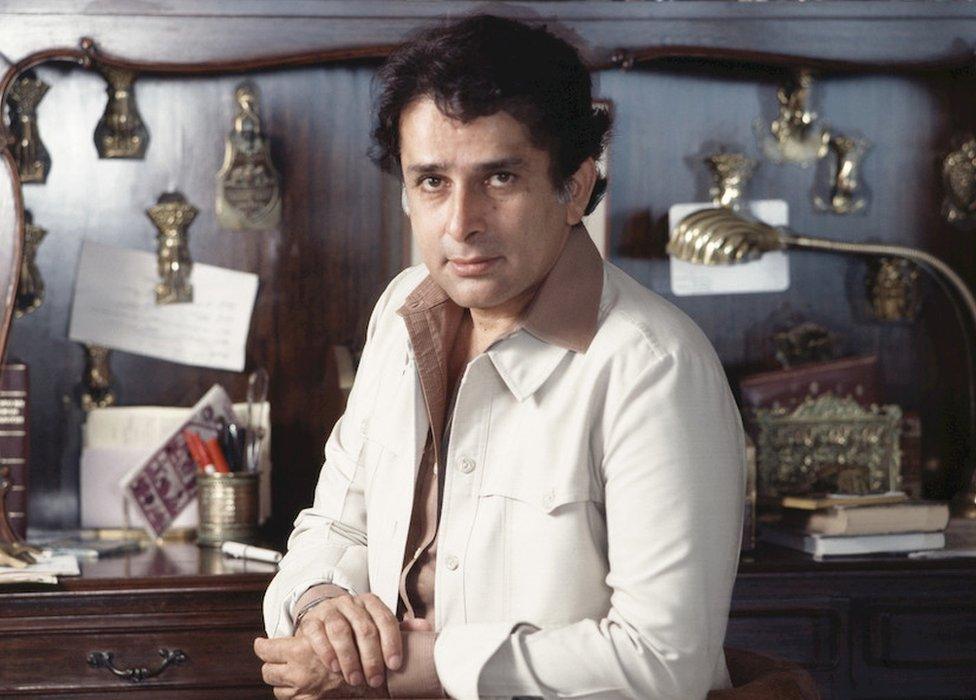
And last month Kapoor came alive again on the screen in the pristine restored black and white print of Shakespeare Wallah, where he plays a playboy in love with a popular film actress, as well as a young stage performer.
It was amazing to see older fans of the films, as well as younger viewers rediscovering the works of the 89-year-old James Ivory, who is currently being feted for his script of the critically acclaimed Call Me By Your Name, external.
But it was equally thrilling to see new generations of New Yorkers discovering the good looking and very talented Kapoor. Few knew that he had been very unwell, suffering from dementia and several old age related complications.
When I left India in 1981, Kapoor was a big star in Bollywood, acting in classic popular films such as Deewar, external (1975), Kabhie Kabhie, external (1976) and Shaan, external (1980).
In all three films he played a supporting role to Amitabh Bachchan whose angry young man persona had made him the most popular Bollywood actor - or a superstar, as Indians love to refer to him - of the 1970s. The two colleagues and friends acted in 14 films.
But it never bothered Kapoor that he almost always got a second billing to Bachchan. He put his heart into each role, no matter how long he appeared on the screen.
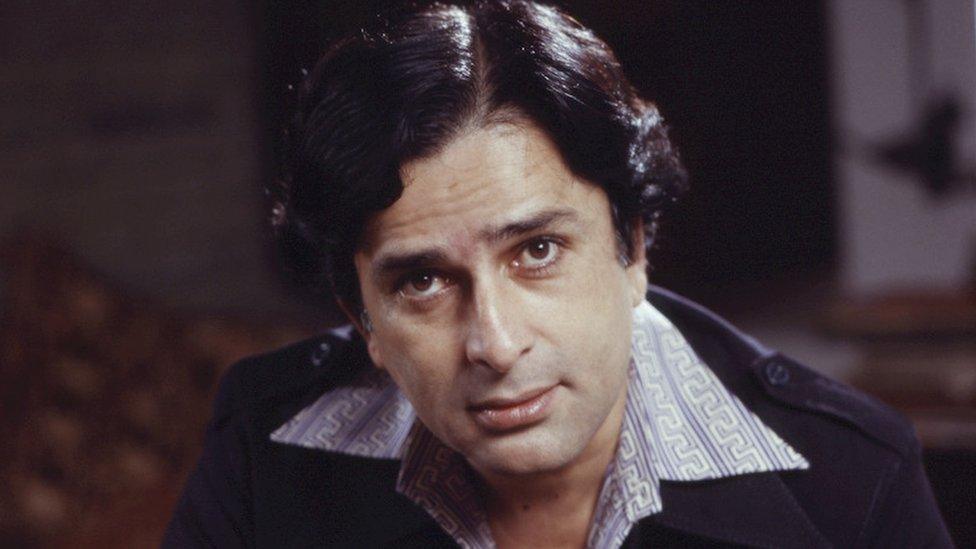
In Silsala (1981), Kapoor's character is killed in the first hour of the film which practically belongs to Bachchan and his love interest, played by Rekha. And yet fans still remember Kapoor's jovial character in the film.
Shashi Kapoor was born in the theatre family. His father Prithviraj Kapoor ran a travelling theatre company and Shashi joined the group in his mid-teens.
But his father made it clear that he had to start from the bottom. He learned the value of fairness from his father. There are stories of Shashi walking up to every crew member on film sets, introducing himself, sitting and having tea with them.
He also learned the passion for theatre from his father as well as from his future father-in-law - the British actor Geoffrey Kendal who ran a travelling company in India called Shakepeareana. Kapoor married Geoffrey Kendal's daughter Jennifer and they had three children.
Despite Kapoor's hectic film schedule and the maddening world of Bollywood, Jennifer kept a balance in the family, giving the children as normal a childhood as possible.
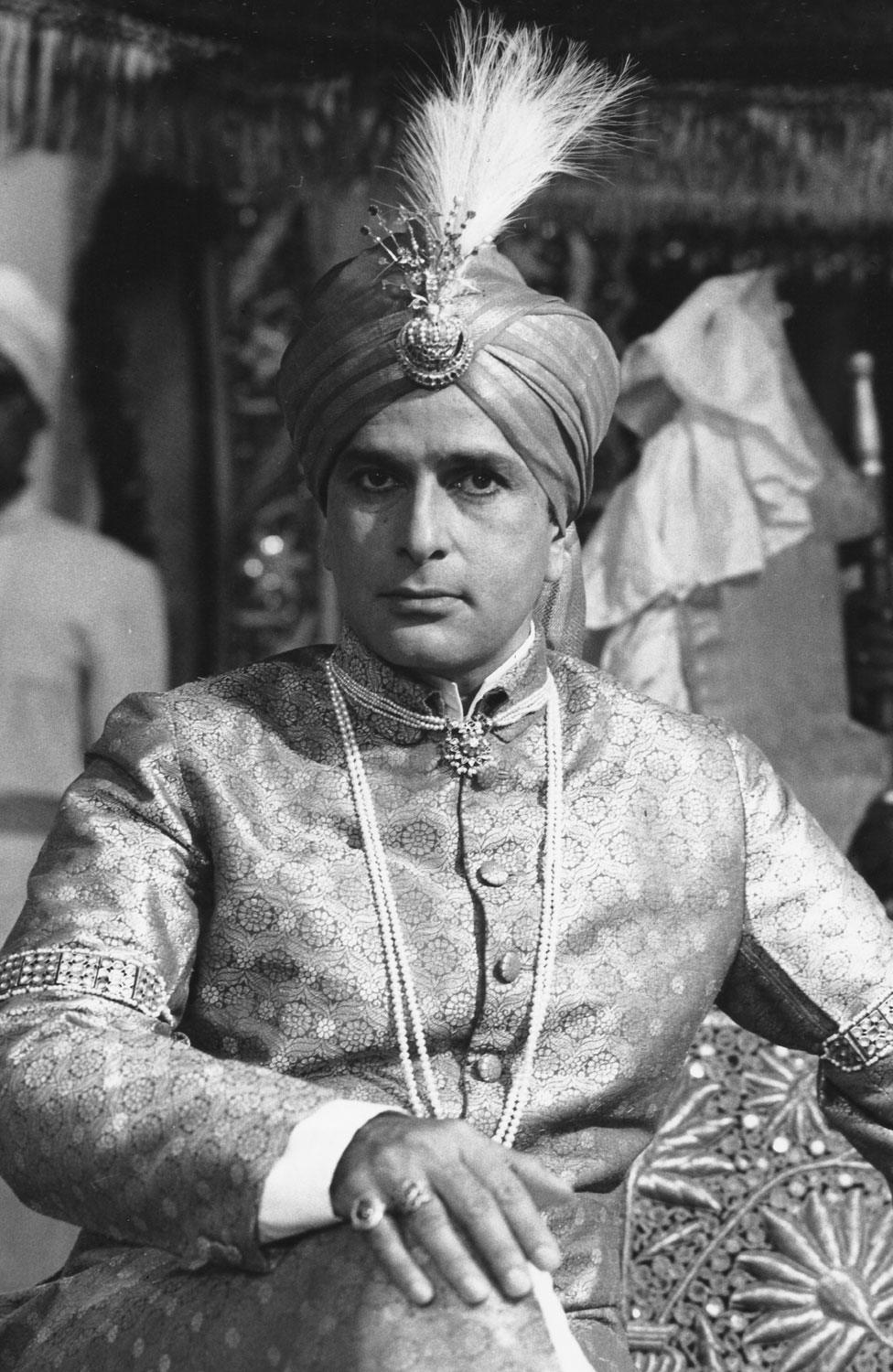
They took local buses, even when their father was one of India's biggest movie stars, and for the longest time there was no television at home.
Kapoor never forgot his passion for theatre and good films. And so while the popular Bollywood films helped him maintain an upper class lifestyle in Mumbai, he produced six art-house films, including the remarkable Junoon (1979), Kalyug, external (1981) and 36 Chowringhee Lane , external(1981), all critically acclaimed but box office failures.
And with his wife he established Prithvi Theatre - a year round arts institution, the only one of its kind in Mumbai.
Jennifer watched Shashi's diet and so he remained slim, unlike his older siblings who had put on a lot of weight by overeating and drinking alcohol.
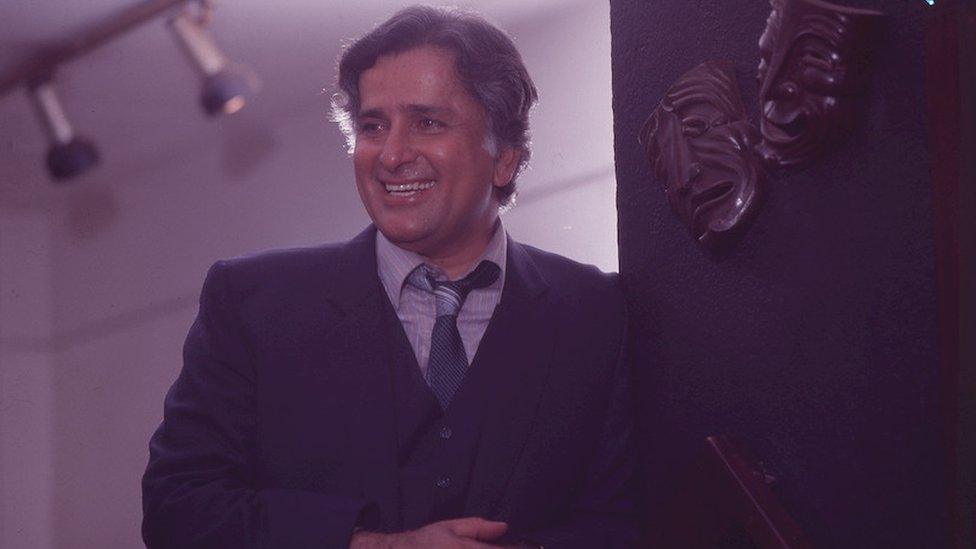
But Jennifer's unexpected death in 1984 - she had cancer and it was discovered late - devastated Kapoor. His daughter told me that Shashi had started to drink one bottle of vodka a day, which perhaps contributed to the decline in his health.
Kapoor had been unwell for a while. His death was no surprise.
But for me he will always be there on the screen, alive, lip-syncing romantic songs in several of his popular films like Jab Jab Phool Khile (1965), Pyar Ka Mausam (1969) and even in his guest appearance in Doosra Aadmi (1977).
I just hope future generations will not forget this greatly talented man, who was also by far the most good-looking Indian movie star.
Aseem Chhabra is the author of Shashi Kapoor: The Householder, the Star